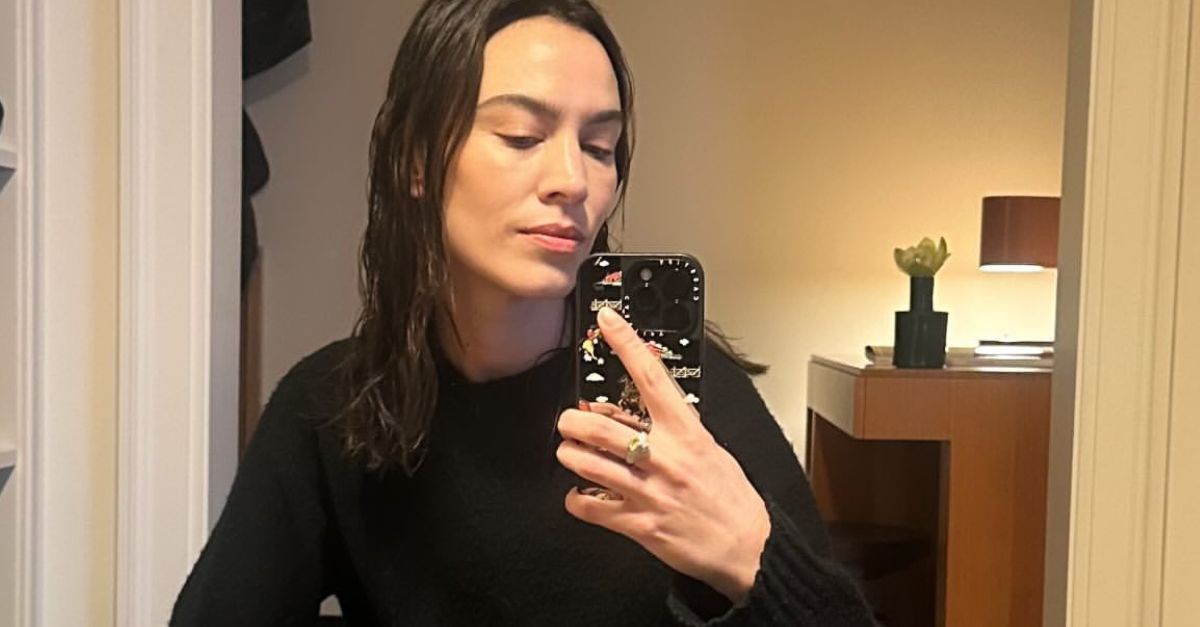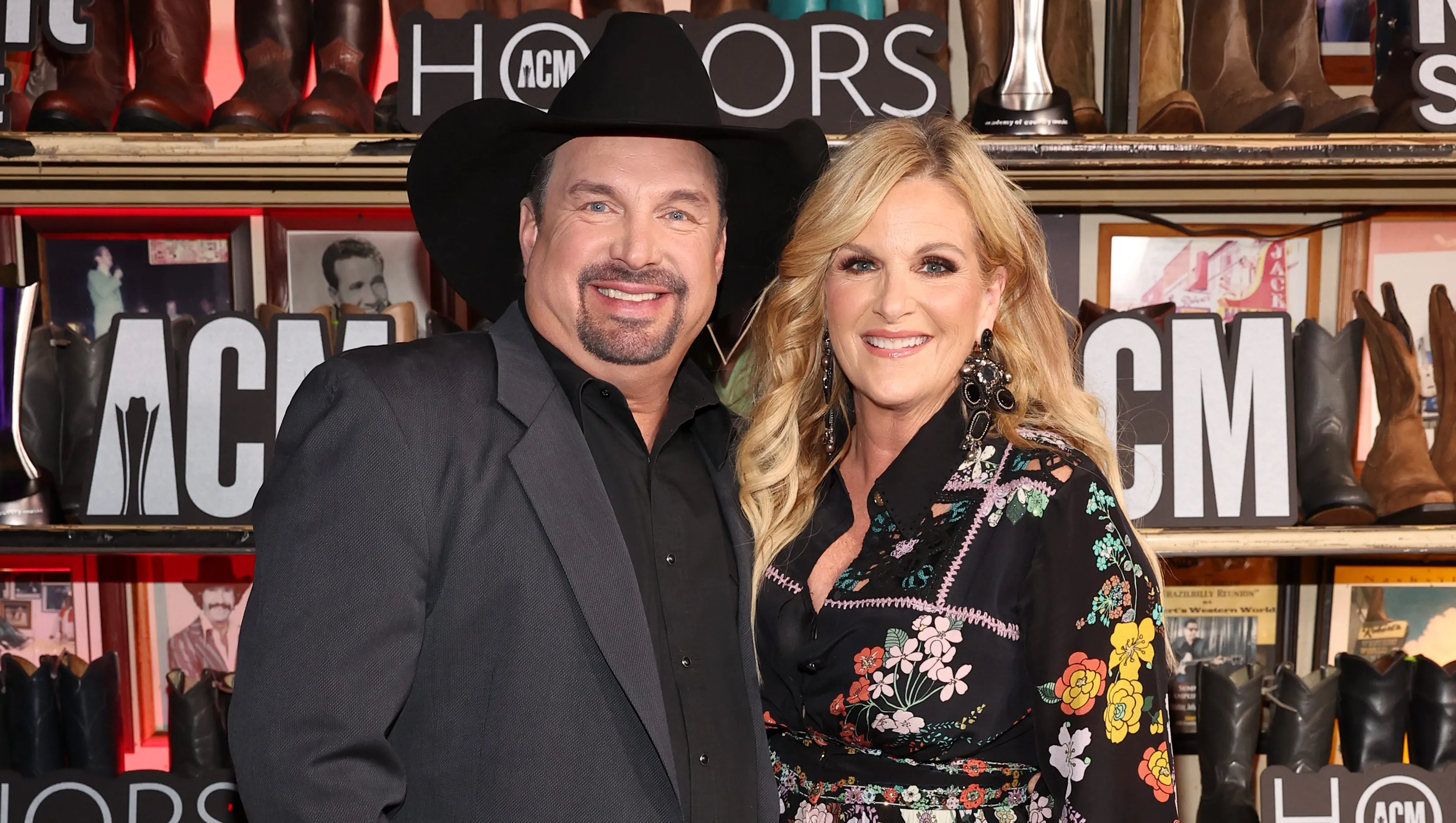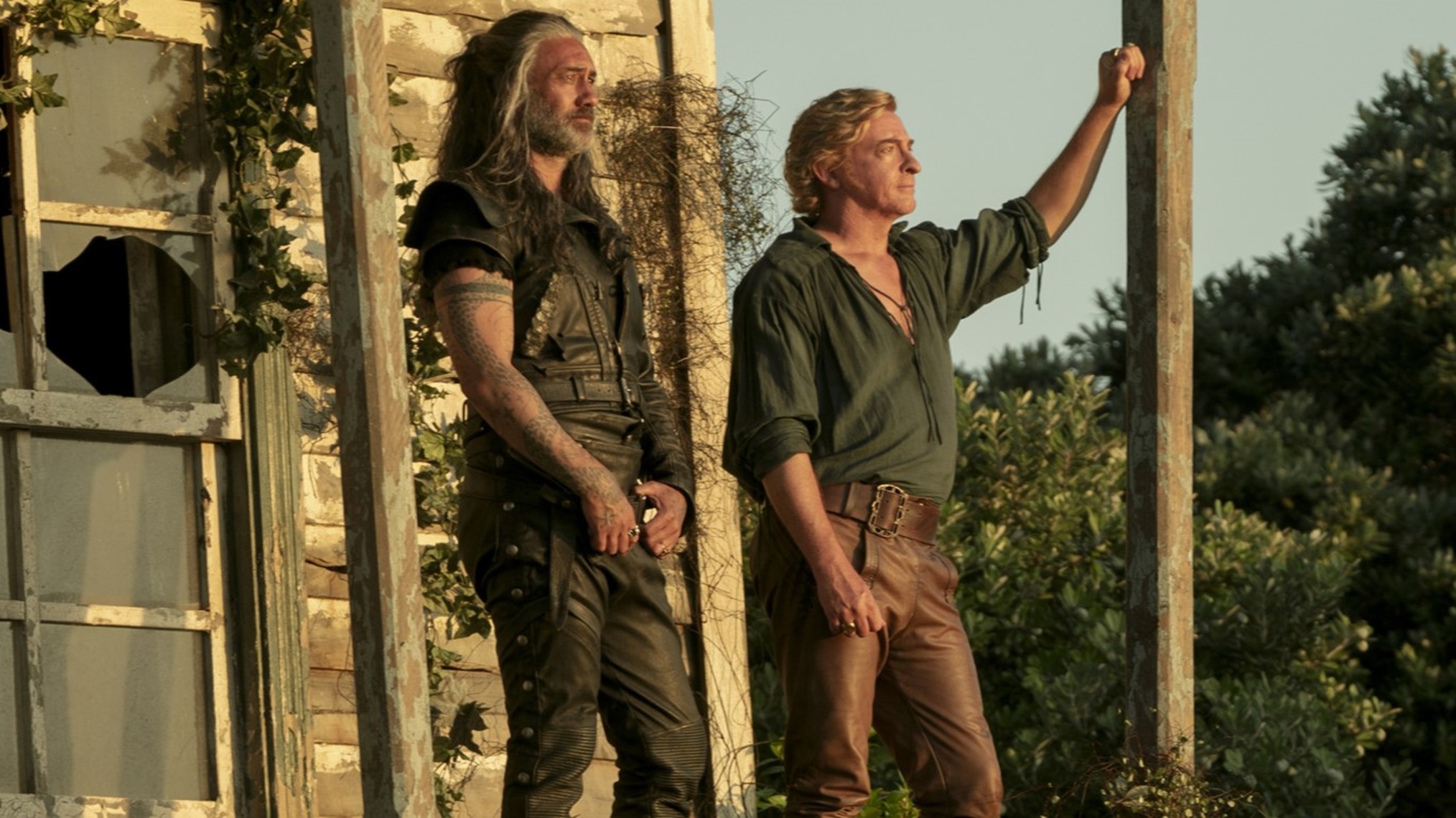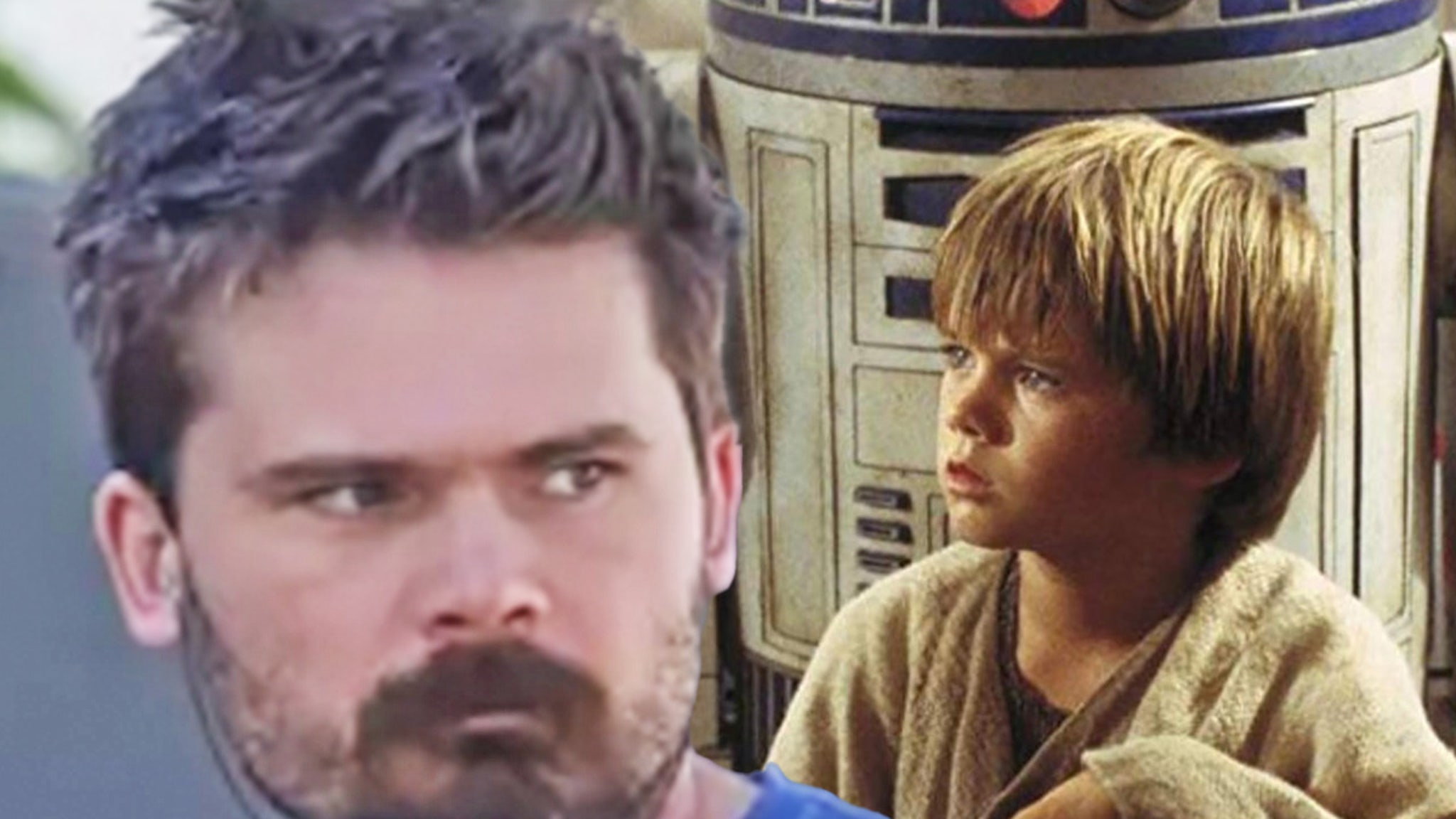While you probably couldn’t tell just by looking at the contemporary comic-book landscape, there was a point in time when the industry wasn’t dominated by super-heroes. From horror to erotica, comics used to be just as varied as other artforms before masks and spandex became the norm – something that was almost certainly influenced by the conservative comics code authority. Fortunately, there are some talented artists that manage to create genre-defying works of art within the confines of what readers are actually buying.
One such creator is the inimitable Sam Keith, a Michigan-born writer and artist who was a part of Image Comics’ creator-owned-character boom of the 90s. However, Keith’s contribution to Todd McFarlane’s celebration of 90s excess was very different from his fellow artists’, with his The Maxx subverting super-hero tropes and iconography in order to delve into a deeply disturbing and surprisingly human story about the limits of the subconscious mind.
And with shows like HBO’s Spawn having already established a precedent for adapting adult-oriented super-hero comics into cartoons, it was only a matter of time before MTV would scoop up The Maxx and turn it into a thirteen-episode animated series. Although, this wouldn’t be animated like your average cartoon, with MTV Animation and Rough Draft studios partnering to craft a singular experience that used the original comic-book panels as a jumping off point to create something completely new.
Like the comic, The Maxx follows the bizarre adventures of a purple-suited homeless man who simultaneously inhabits two different realities: the so-called “real world,” where he often gets into trouble with the law as he battles the insidious Mr. Gone, and an Australia-inspired fantasy land called “The Outback.” Of course, despite not being the center of the action, the real heart of the story lies in Julie Winters, a freelance social worker who protects Maxx in the real world while being protected by him in The Outback.
Originally aired in 1995 as a part of MTV’s Oddities, the series wasn’t exactly a massive success, only lasting for one short season and not really making an impact on super-hero media in general, but I’d argue that The Maxx has a lot more up its sleeve than viewers may initially realize.
SO WHY IS IT WORTH WATCHING?
It’s hard to explain the appeal of The Maxx in mere words, as the MTV show is really much more than the sum of its parts. While most of what makes it great was already present in Keith’s original comic, the series’ unparalleled visual style and memorable voice acting elevate it beyond anything else that was playing on television at the time.
From the gritty cityscape to the surreal desert/jungle imagery of The Outback, it’s easy to get lost in every single frame of the series even when things get ugly. Sure, it’s all very 90s – almost to a fault – but even that results in The Maxx feeling like an audiovisual time capsule of a particular moment in comics and television.
And not only are the visuals gorgeous, but the show also cleverly plays with completely different animation styles from scene to scene, often switching between live-action footage, CGI landscapes and traditional cell animation within a few seconds. While this can sometimes feel cheap, with the show tending to focus more on detailed artwork than smooth animation, the whole thing eventually comes to feel more like an intentional quirk than a limitation.
Then there’s the excellent cast, with Michael Haley’s gruff yet warm persona being a perfect fit for our titular hero and Glynnis Talken giving Julie just the right amount of sass to make her tough yet lovable. And that’s not even mentioning Barry Stigler’s genuinely creepy take on Mr. Gone! To be honest, there’s not a single miscast role here, with the entire ensemble working together to breathe life into Keith’s opus.
Of course, none of these things would matter if the story wasn’t well written, but The Maxx’s greatest achievement is in transforming this cocktail of odd ideas into a cohesive parable about mental health.
WHAT MAKES IT HORROR ADJACENT?
A rarity among super-hero media, MTV animated series The Maxx is proof that “adult-oriented” doesn’t necessarily mean vulgar (though there’s definitely plenty of uncomfortably intense violence and gallows humor here). Instead, the show focuses on the inner turmoil caused by things that would normally be treated as inconsequential details in normal super-hero stories – which is why I think it might appeal to fans of other genres.
From Julie’s tragic past to the Maxx’s mental confusion as he attempts to be a hero (I mean, he’s technically a madman beating random people to a pulp because he sees them as interdimensional cannibals), there’s plenty of nightmare fuel to be found in these short episodes. Hell, we even get a story about a depressed teenager wanting payback after finding her suicidal dad’s gun, so I think it’s pretty safe to say that the show touches on some exceedingly dark subject matter.
Then there’s the issue of Mr. Gone. A serial killer and rapist armed with sorcerer-like powers and an army of man-eating creatures transported from the Outback. While he serves as The Maxx’s nemesis, Mr. Gone is no mere supervillain, being depicted more like a terrifying physical manifestation of the worst aspects of humanity while also being the source of most of the show’s uncomfortable moments.
Ultimately, the best thing about The Maxx is that it can be enjoyed both as a literal tale of dimension-hopping ultraviolence as well as a surreal character study about overcoming trauma in a hostile cityscape. It’s certainly not for everyone, but I’m glad that MTV took a risk on this bizarre little show and I hope The Maxx continues to find new fans now that the internet has made it easier to watch.
That being said, I’d recommend tracking down Amazon’s on-demand DVDs of the complete series, as they contain a plethora of audio commentaries by both the director and Sam Keith which might shed some light on the story’s more esoteric elements. Of course, there’s also the option of visiting The Outback yourself in your dreams…
There’s no understating the importance of a balanced media diet, and since bloody and disgusting entertainment isn’t exclusive to the horror genre, we’ve come up with Horror Adjacent – a recurring column where we recommend non-horror movies that horror fans might enjoy.






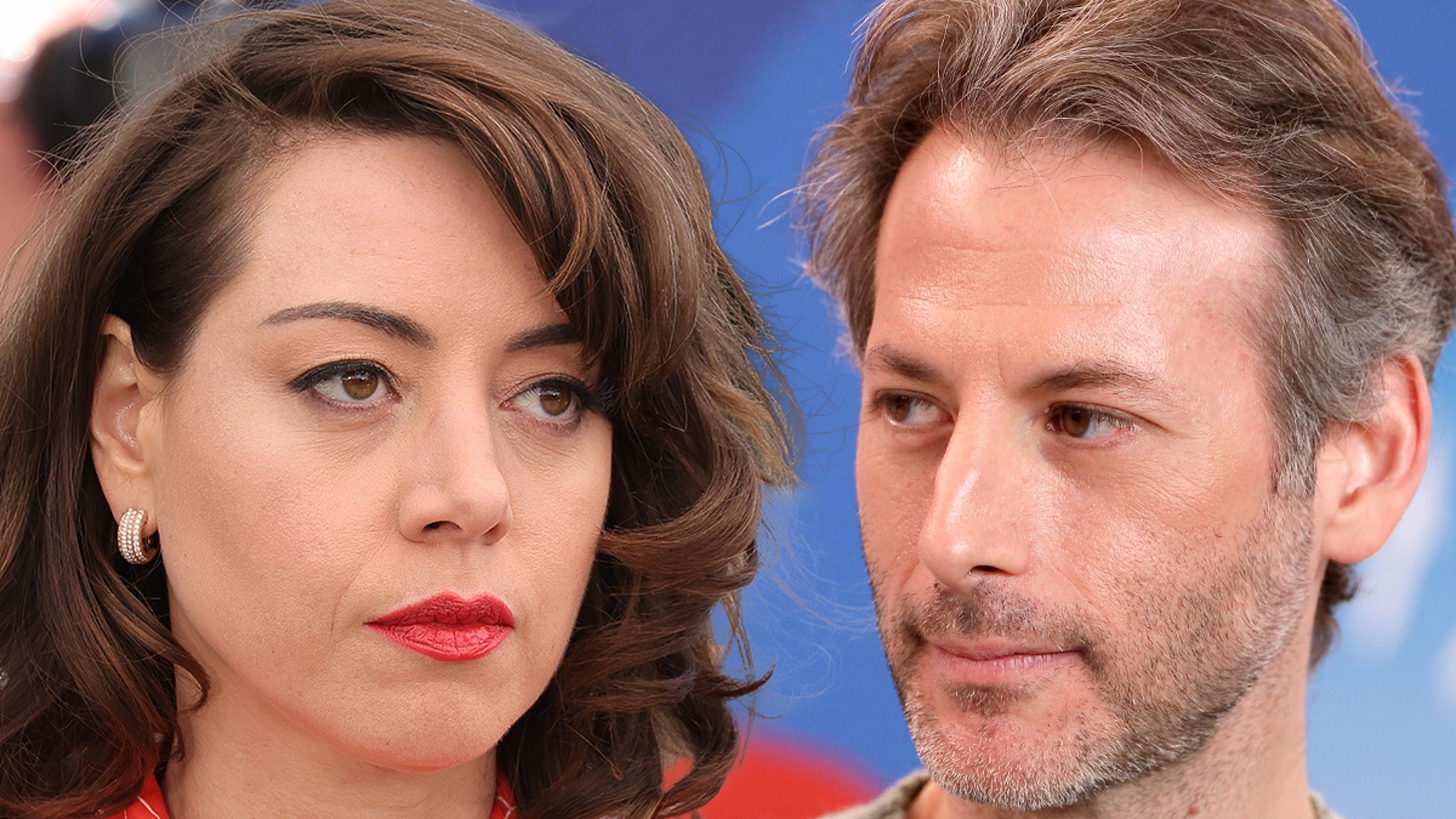


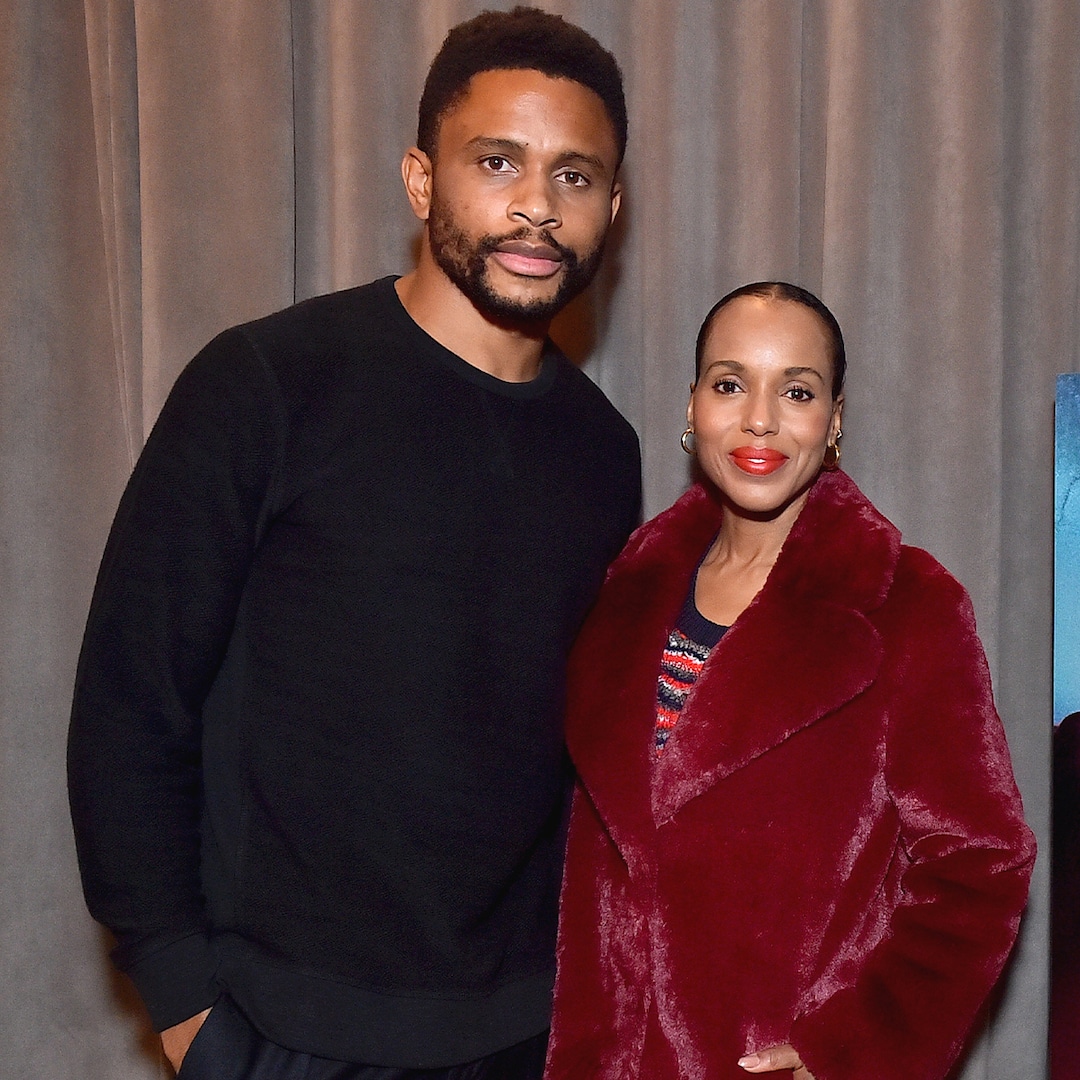












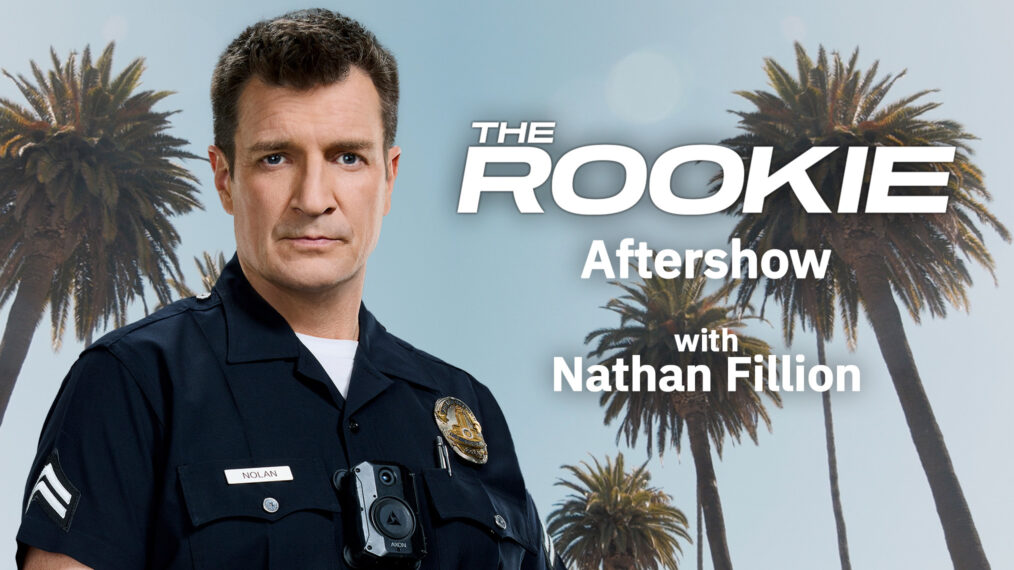




![‘Brilliant Minds’ Season 1 Finale Recap: [Spoiler] Is Alive ‘Brilliant Minds’ Season 1 Finale Recap: [Spoiler] Is Alive](https://tvline.com/wp-content/uploads/2025/01/brilliant-minds-oliver-father-alive-mandy-patinkin-season-1-finale-1.jpg?w=650)









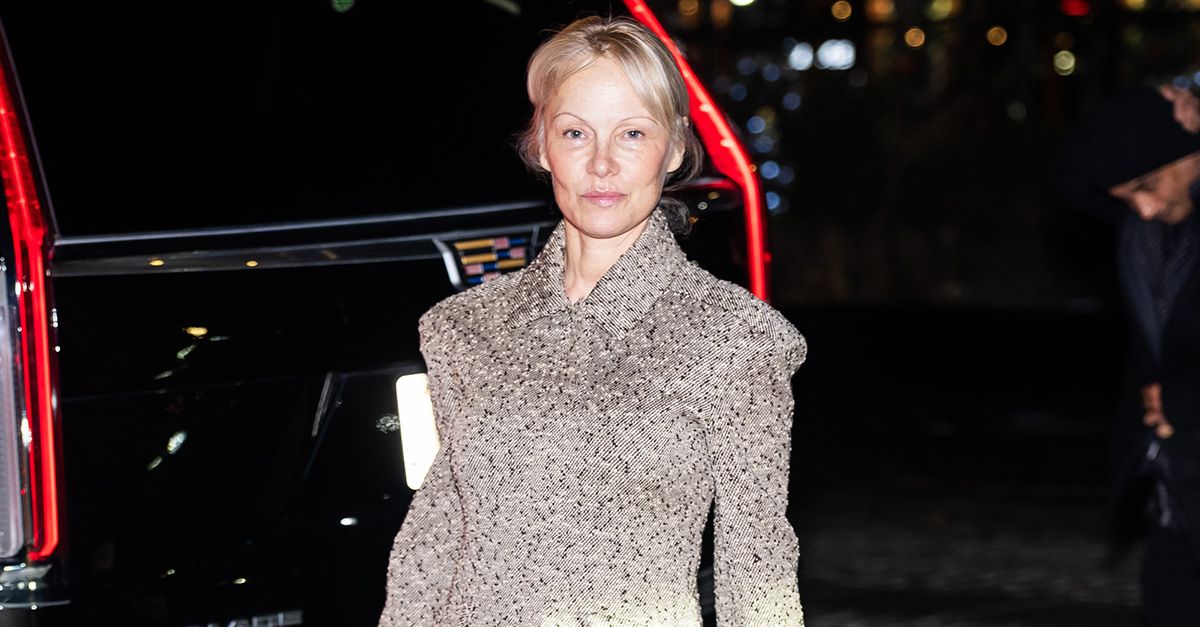


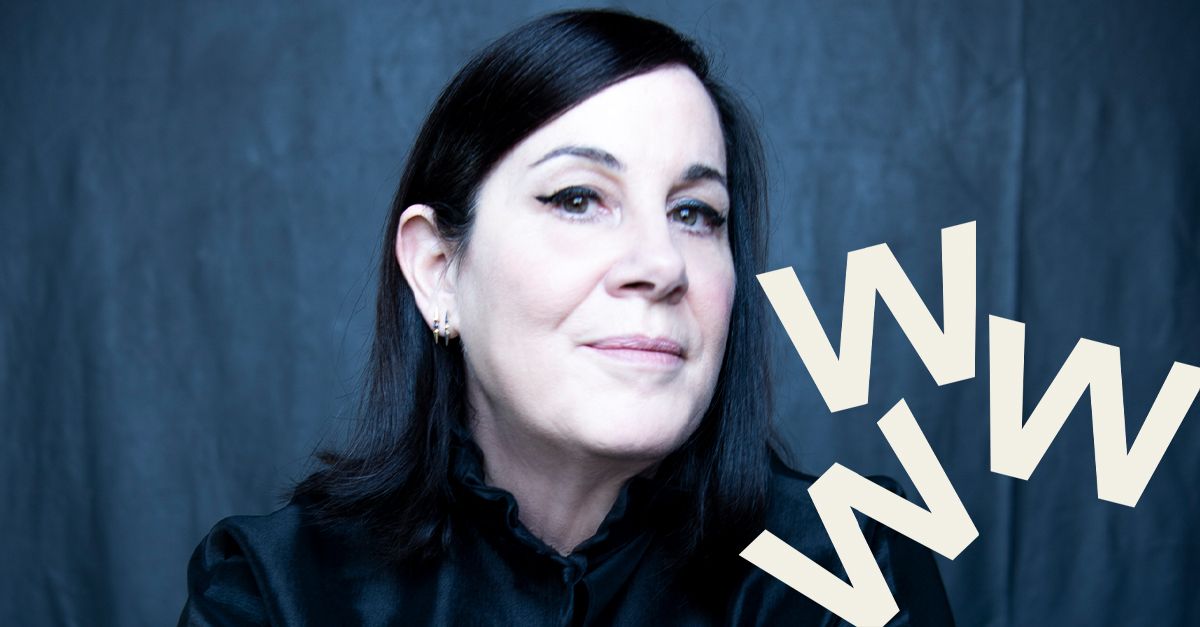
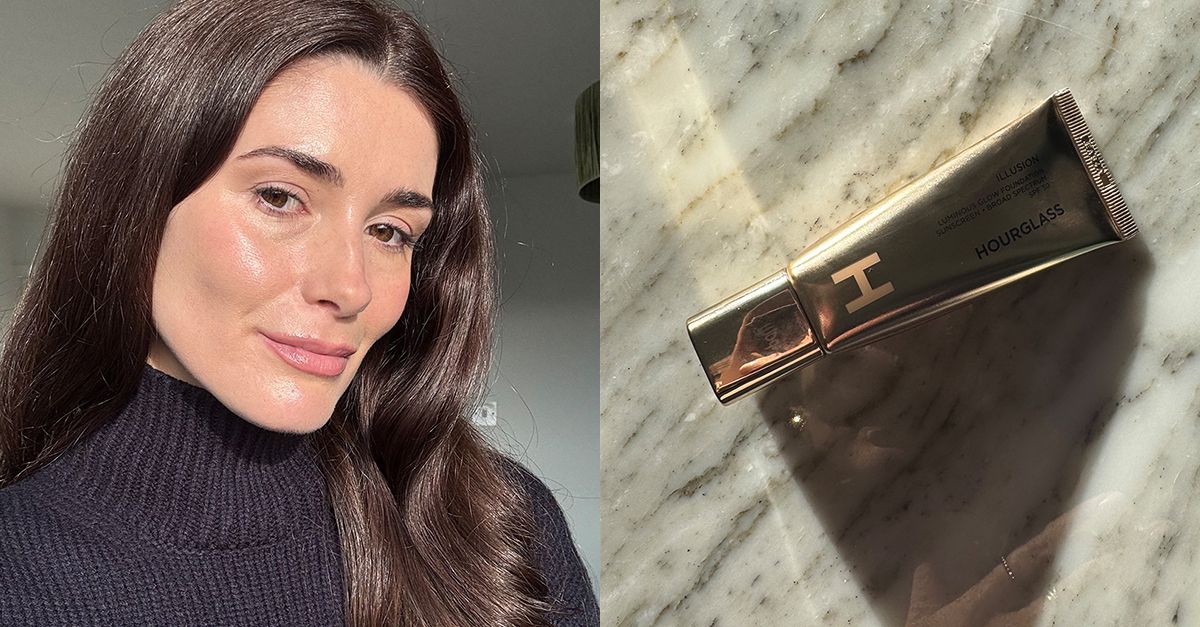
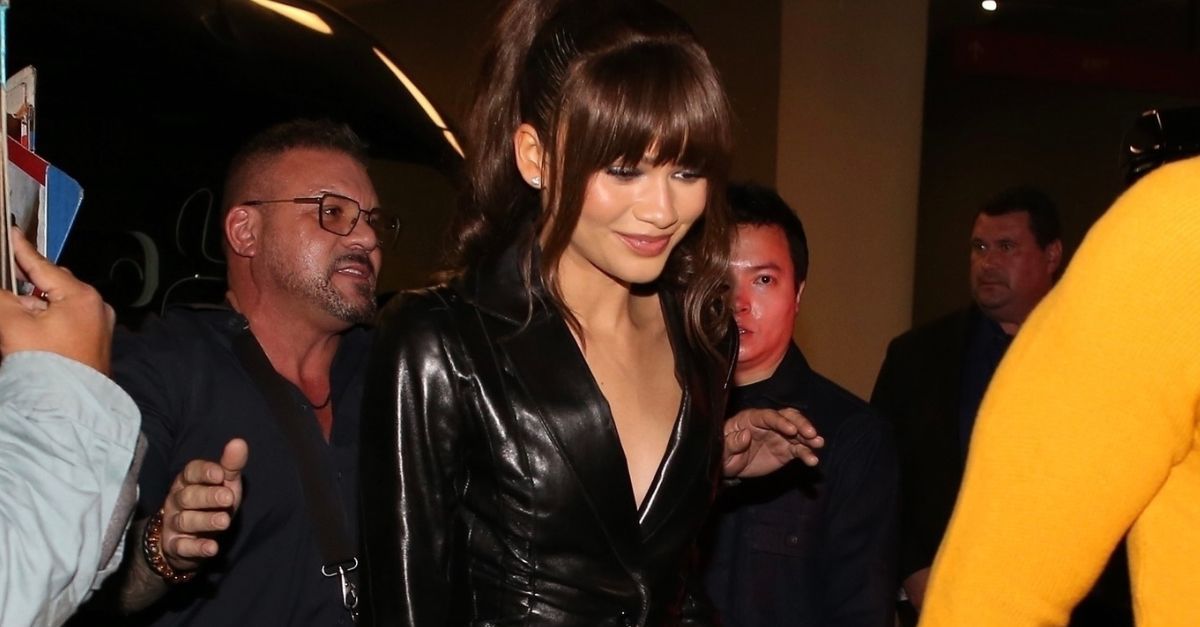
:quality(85):upscale()/2025/01/07/813/n/1922564/b63421d9677d72ddd6eff7.56786871_.png)

